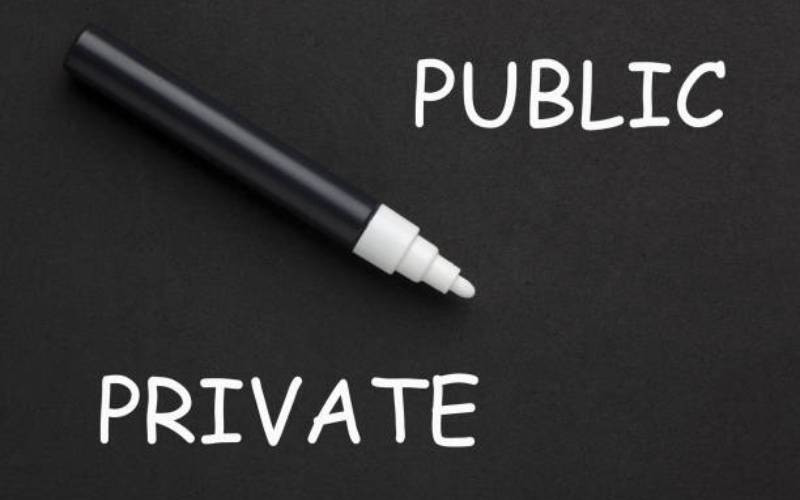
Only monarchs and military juntas reign without a direct mandate from the people. Kenya is neither a monarchy nor a vassal of the local (or any foreign) military. Kenyans elect a new government every five years, including Members of Parliament (MPs) as their representatives in the country's supreme legislative assembly.
And the Constitution only provides for the temporal delegation of the people's decisional powers to elected representatives, not a Cabinet made up of presidential appointees. The Kenya Kwanza regime's Cabinet - in the latest front of the new administration's congenital itch and predilection for absolute control - has decided to potentially bypass parliamentary approval in the sale and privatisation of State firms, including sugar factories, hotels, banks, ports and public universities, consequently making a nonsense of the Parliament's function, reputation and history as the socially and constitutionally sanctioned assemblage of the people's representatives.